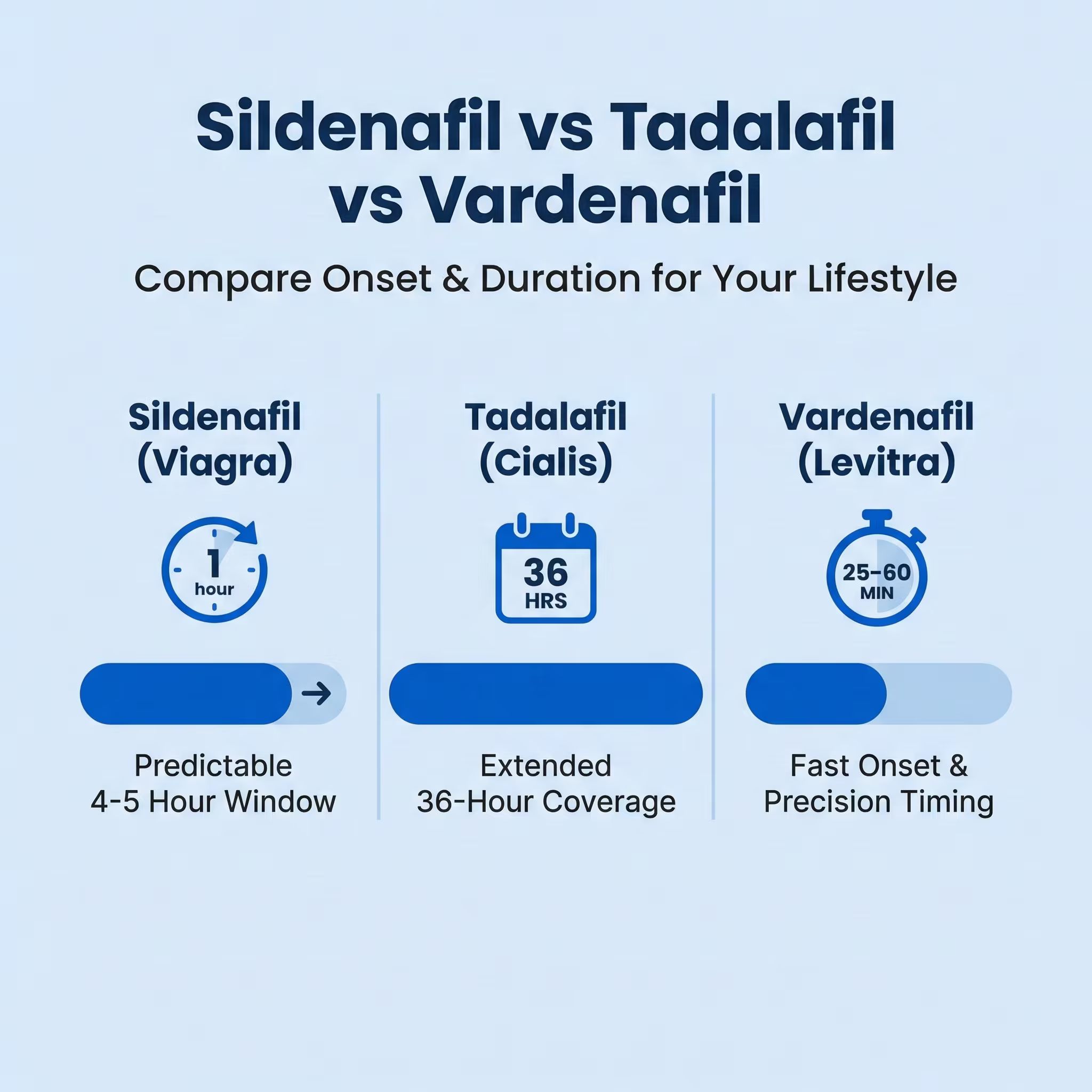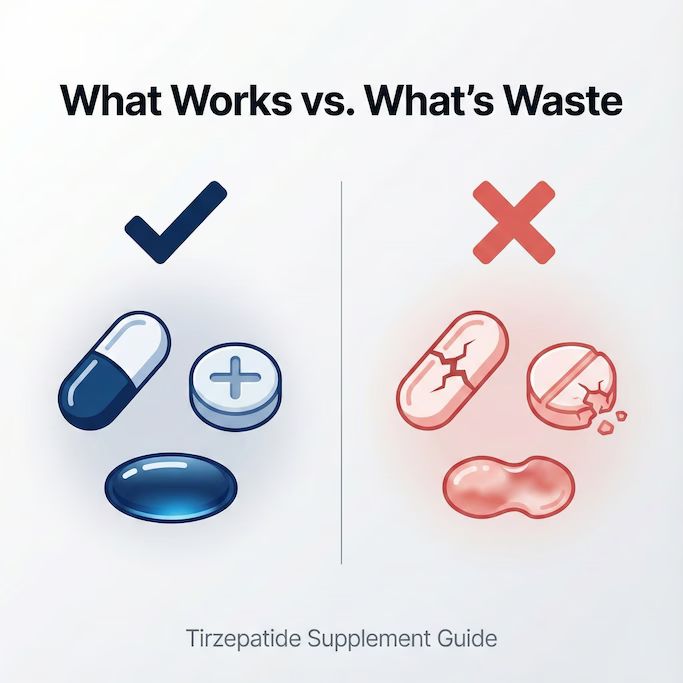Key takeaways:
- Enclomiphene can be normally metabolized by most of the population and has not shown to elevate liver enzymes in clinical trials.
- Like any drug, enclomiphene carries side effects and may not be suitable for people with certain pre-existing conditions, including liver disease.
- Unlike the drug clomiphene, which contains enclomiphene, enclomiphene has a short half life of five hours and is rapidly excreted from the body. Some studies show that clomiphene is associated with liver toxicity, but these findings were temporary and occurred in female patients. They were also attributed to the drug containing zuclomiphene, which enclomiphene does not contain.
Enclomiphene can be a game changer for men looking to optimize their testosterone without subjecting themselves to the long-term side effects associated with testosterone replacement therapy (TRT). But, like any drug, enclomiphene carries the risk of side effects and may not be suitable for people with certain pre-existing conditions, including liver disease.
Read on to find out if enclomiphene can cause liver damage, who should and shouldn’t take the medication, and what side effects to expect when starting the medication.
What does enclomiphene do?
Enclomiphene is the purified form of the FDA-approved fertility drug Clomid® (clomiphene), which is commonly used off-label to treat low testosterone in men. Like clomiphene, enclomiphene alters how estrogen works in the body, leading to a chain reaction that increases the production of sex hormones like luteinizing hormone (LH), follicle stimulating hormone (FSH), and eventually, testosterone.
But enclomiphene differs from clomiphene in one distinct way: it does not contain zuclomiphene, which is an estrogen booster that’s thought to contribute to some of the drug’s more common emotional side effects like anxiety and mood swings, sometimes referred to as the “Clomid crazies.”
In some studies comparing enclomiphene to TRT, researchers found that both testosterone therapy treatments are effective, but enclomiphene was considered safer because it did not negatively affect sperm production.
Who is enclomiphene for?
Enclomiphene, and other treatments like aromatase inhibitors and human chorionic gonadotropin (HCG), are prescribed to treat secondary hypogonadism. It may also be prescribed for men who want to maintain their fertility while increasing testosterone. TRT, on the other hand, is prescribed to men who have been diagnosed with primary hypogonadism.
Let’s quickly make sure you understand the difference between primary and secondary hypogonadism. Primary hypogonadism is a condition when someone has low testosterone as a result of testicular failure — aka a problem with the testicles. Secondary hypogonadism is when low testosterone occurs due to a problem in the hypothalamus or the pituitary gland. These are the parts of the brain that play the important role of communicating with the testicles to produce testosterone.
Enclomiphene may also be an option for men looking to optimize their testosterone, but only with a prescription from a licensed doctor.
How does enclomiphene impact your liver?
Enclomiphene is metabolized by the liver with the help of the CYP2D6 enzyme, and eliminated as waste through the feces.
Studies show that the extent of enclomiphene metabolism is directly correlated with the amount of CYP2D6 present in the body, so the more CYP2D6 you have, the more efficiently enclomiphene is broken down in the body.
However, the majority of the population can normally metabolize the medication without issues, and in clinical trials, enclomiphene has not shown to elevate liver enzymes.
There have also been instances where treatment with the medication clomiphene citrate (which contains enclomiphene) caused liver injury. However, many instances were temporary and found in female patients. Additionally, elevated liver enzymes could also be due to the presence of zuclomiphene, which has a half life of 24 hours and can remain detectable in blood plasma for weeks after taking the medication. Due to the increased exposure of the liver to zuclomiphene, there could be increased risk of potential liver toxicity. Conversely, enclomiphene has a five hour half-life and is excreted from the body much more rapidly.
Other research indicates that clomiphene doesn't seem to be linked to severe liver problems like acute liver failure, ongoing hepatitis, or vanishing bile duct syndrome.
Who should not take enclomiphene?
Because enclomiphene is metabolized by the liver and there have been rare instances where clomiphene contributed to liver toxicity, enclomiphene may not be suitable for people with a history of liver disease or liver dysfunction.
People with uncontrolled thyroid or adrenal dysfunction or a pituitary tumor should avoid taking enclomiphene. Patients with high cholesterol or a family history of high cholesterol should also be closely monitored while taking the medication. If you have a health condition, it’s important to speak with your doctor before taking enclomiphene or any other medications that are new to you.
Does enclomiphene have other side effects?
In most studies, enclomiphene seems to be well tolerated. The most common side effects people experience while taking enclomiphene are hot flashes, headaches, and abdominal discomfort. However, these side effects are considered mild and temporary, and often subside on their own within a few days or weeks.
Can you take enclomiphene long term?
In order to maintain its efficacy in optimizing testosterone levels, it’s recommended that enclomiphene is taken long term, if that’s what your doctor recommends.
Unfortunately, as of now, there isn’t much research available on the long-term use of enclomiphene, but we can look to research on clomiphene citrate, which shows that clomiphene is safe for long-term treatment. In one three-year study on the long-term safety and effectiveness of clomiphene, 88% of patients taking clomiphene maintained healthy functioning gonads, 77% reported improved symptoms, and only 8% reported side effects, none of which were significant. Additionally, a study showed that compared to clomiphene citrate, enclomiphene is more effective at boosting testosterone and total motile sperm count.
It’s also important to understand that no one should ever take enclomiphene without a prescription. With the Maximus Testosterone Protocol, initial lab tests are required to evaluate your health prior to starting your enclomiphene prescription. You will also work closely with a doctor to determine your dosage, and they will monitor your progress along the way, which includes follow-up lab tests. If you have a family history of liver disease, or another pre-existing health condition, your doctor will help you decide whether enclomiphene is right for you.
Learn more about the science behind our Enclomiphene research study in the white paper.
Disclaimer: The contents of this article, including, but not limited to, text, graphics, images, and other information, is for information purposes only and does not constitute medical advice. The information contained herein is not a substitute for and should never be relied upon for professional medical advice. The content is not meant to be complete or exhaustive or to be applicable to any specific individual's medical condition. You should consult a licensed healthcare professional before starting any health protocol and seek the advice of your physician or other medical professional if you have questions or concerns about a medical condition. Always talk to your doctor about the risks and benefits of any treatment. Never disregard or delay seeking professional medical advice or treatment because of something you have read on this site. Maximus does not recommend, endorse, or make any representation about the efficacy, appropriateness, or suitability of any specific test, products, procedures, treatments, services, opinions, healthcare providers or other information contained herein. Maximus is not responsible for, nor will they bear any liability for, the content provided herein or any actions or outcomes resulting from or related to its use.










